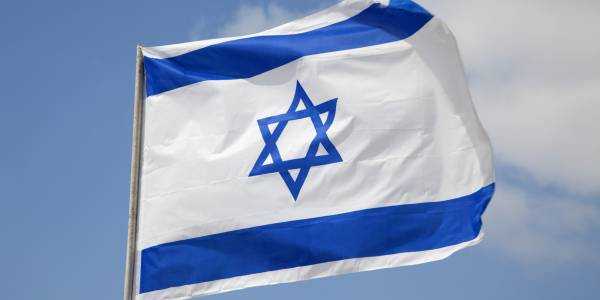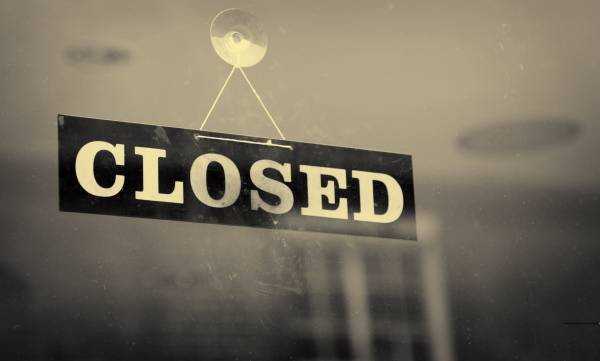Images of a river of fire erupting from the base of Hawaii's Kilauea volcano have been splashed across the media for the past month. The effect on the travel industry that markets the destination has been devastating.

At first Following the Kilauea eruption on May 3, hotel bookings on the islands slowed significantly. Between May 3 and May 31, total bookings fell by -9.8%. Some countries saw even steeper declines, including Canada (-23.2%), Australia (-32.2%), China (-39.8%), Germany (47.7%), and New Zealand (-27.5%).
The only exception was the Japanese market, whose orders grew by 10.6%! Why were the Japanese, who are usually more responsive to crisis situations than other nations, not affected this time? Analysts from ForwardKeys answer this question.
"Our hypothesis is as follows. Since Japan sits on the so-called 'Pacific Ring of Fire' and has over a hundred active volcanoes in and around its territory, citizens of the country are accustomed to earthquakes and volcanic eruptions. In this regard, such news is practically not covered in the local media. Indeed, the situation in Hawaii appeared in the Japanese news significantly less often than in other countries. The analysis showed that this topic in the Japanese media took up only 0.2% of the total global volume of information about the volcanic eruption in Hawaii," said Olivier Jager, one of the founders and co-founder of ForwardKeys.

Meanwhile, he said, in the next five months, bookings for the route will recover and will still exceed last year's figures by 2.2%.
Source: trn-news.ru













